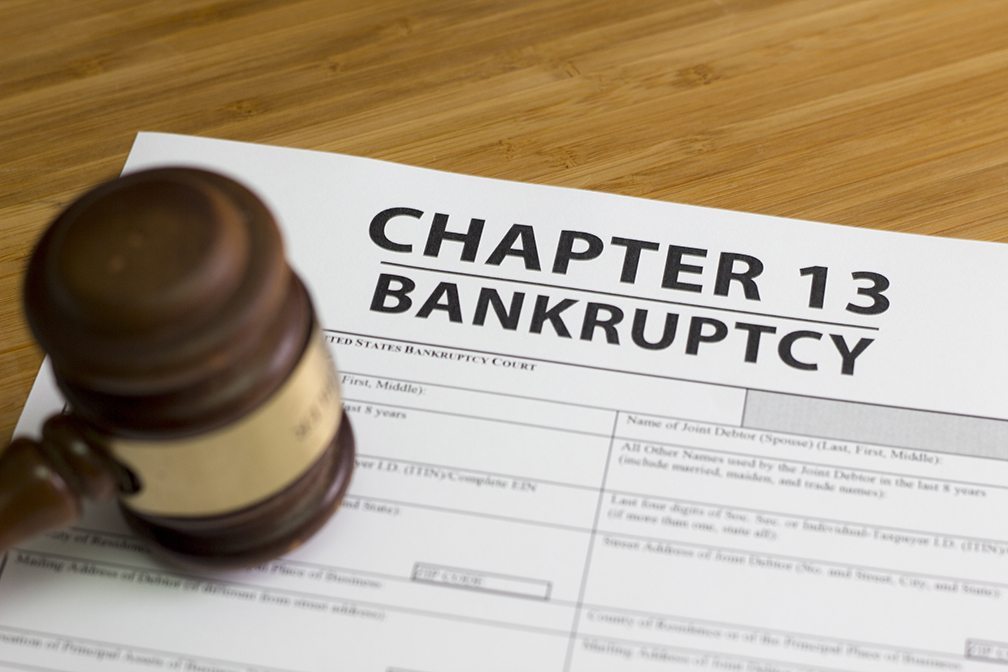 Did you recently graduate from college or university? If so, you may still be dealing with a financial hangover in the form of student loan debt. The vast majority of today’s students have to borrow to invest in their education, which can affect financial plans once school is finished. In today’s post, we will explore buying a home with a mortgage when still dealing with outstanding student loan debt.
Did you recently graduate from college or university? If so, you may still be dealing with a financial hangover in the form of student loan debt. The vast majority of today’s students have to borrow to invest in their education, which can affect financial plans once school is finished. In today’s post, we will explore buying a home with a mortgage when still dealing with outstanding student loan debt.
Your Situation Is Common, But Unique To You
First, try to keep in mind that you are not alone. Many former students are moving on with life, working hard to build a career and a life while juggling past student loans. However, your situation is unique, and thus, you need to plan it that way. For example, are you single or married? Are you in a stable career or are you potentially shifting jobs? Do you have children or are you planning to in the near future? Your financial needs are unique and need to be prepared and budgeted accordingly.
Understand Your DTI Ratio
Have you heard of the debt-to-income or ‘DTI’ ratio? When you take out a mortgage to buy a home, this ratio is one factor in determining how much you can borrow. In essence, it is a ratio of your monthly debt payments versus your monthly income. As you are paying off student loan debt, that will increase your DTI ratio. Adding a mortgage, car or other monthly payments on here will as well. You will want to ensure that you maintain a healthy debt-to-income ratio or it can be challenging to stay solvent.
Balancing Your Mortgage With Your Other Loans
You may have heard this saying: “life happens.” It is rare that anyone can spend years with everything going according to plan. If you run into a temporary health or job-related issue, you may need to do some juggling to keep your mortgage and other payments fully managed. For this reason, it is worth trying to save at least a few months of your monthly expenses in a ‘rainy day’ fund. Just in case of an emergency.
Challenging, But Not Impossible
Balancing a monthly mortgage payment with student loan repayment can be challenging, but it’s not impossible. If you would like to learn more about purchasing a home as a recent graduate, contact us today.
 Are you starting to tire of paying your monthly rent to someone and never building any equity? Renting forever can be a significant pain, especially as you’re contributing to someone else’s financial well-being. The good news is that there are affordable real estate options out there for those investing in their first home. Below we will share a few excellent reasons why an apartment or condo might be the best choice for a first-time home buyer.
Are you starting to tire of paying your monthly rent to someone and never building any equity? Renting forever can be a significant pain, especially as you’re contributing to someone else’s financial well-being. The good news is that there are affordable real estate options out there for those investing in their first home. Below we will share a few excellent reasons why an apartment or condo might be the best choice for a first-time home buyer. Have you decided that it is time to move on from renting? If you are single and living alone, you may be wondering whether or not homeownership is right for you. Let’s have a look at a few key factors that you will need to be aware of when taking out a mortgage as a single person.
Have you decided that it is time to move on from renting? If you are single and living alone, you may be wondering whether or not homeownership is right for you. Let’s have a look at a few key factors that you will need to be aware of when taking out a mortgage as a single person. In the market for a new home in 2018? With the new year just a few short weeks away, that leaves you with precious little time to get your finances in order. Let’s explore a few tips that will help you get a jump on improving your credit score before the end of the year.
In the market for a new home in 2018? With the new year just a few short weeks away, that leaves you with precious little time to get your finances in order. Let’s explore a few tips that will help you get a jump on improving your credit score before the end of the year. While it is sometimes the best option to get your finances repaired, the bankruptcy and following discharge period can be tough. However, while it may delay things for a couple of years, the good news is that even a bankruptcy won’t stop you from borrowing a mortgage to buy a home. In today’s article, we will share some insight into how you can get a mortgage loan after going through bankruptcy.
While it is sometimes the best option to get your finances repaired, the bankruptcy and following discharge period can be tough. However, while it may delay things for a couple of years, the good news is that even a bankruptcy won’t stop you from borrowing a mortgage to buy a home. In today’s article, we will share some insight into how you can get a mortgage loan after going through bankruptcy. As with any loan or line of credit, there are benefits to getting your mortgage paid down. You’ll pay less in interest, potentially saving thousands over the repayment period. Moreover, you’ll own your home outright that much quicker.
As with any loan or line of credit, there are benefits to getting your mortgage paid down. You’ll pay less in interest, potentially saving thousands over the repayment period. Moreover, you’ll own your home outright that much quicker.